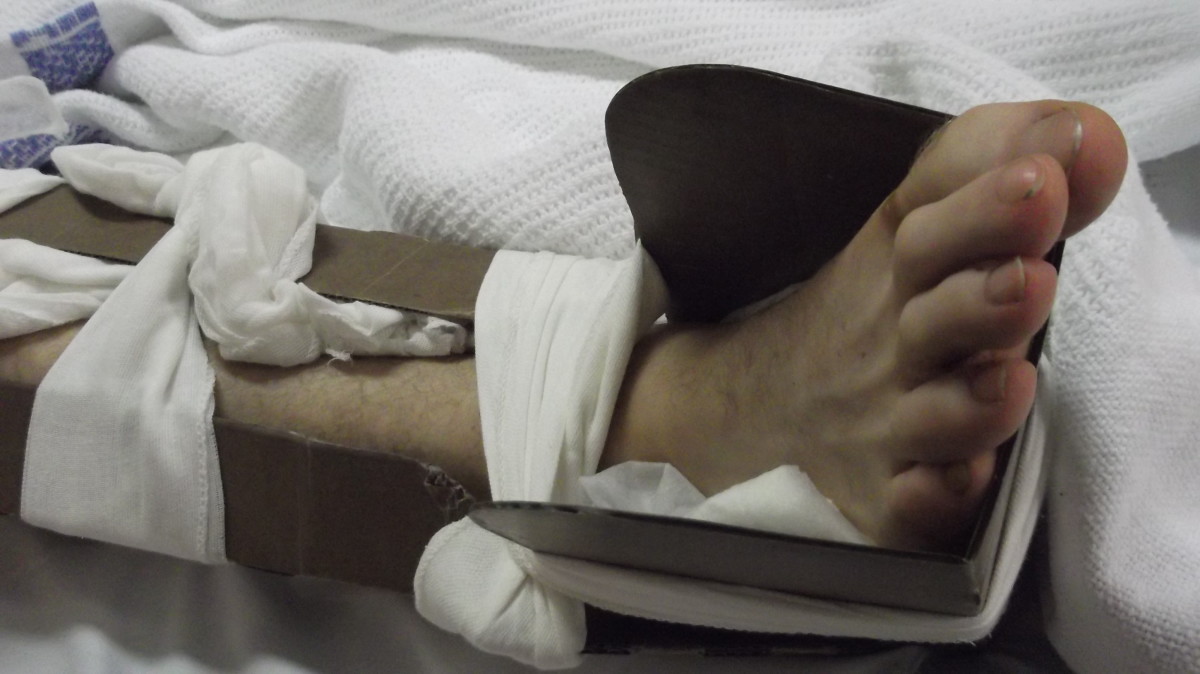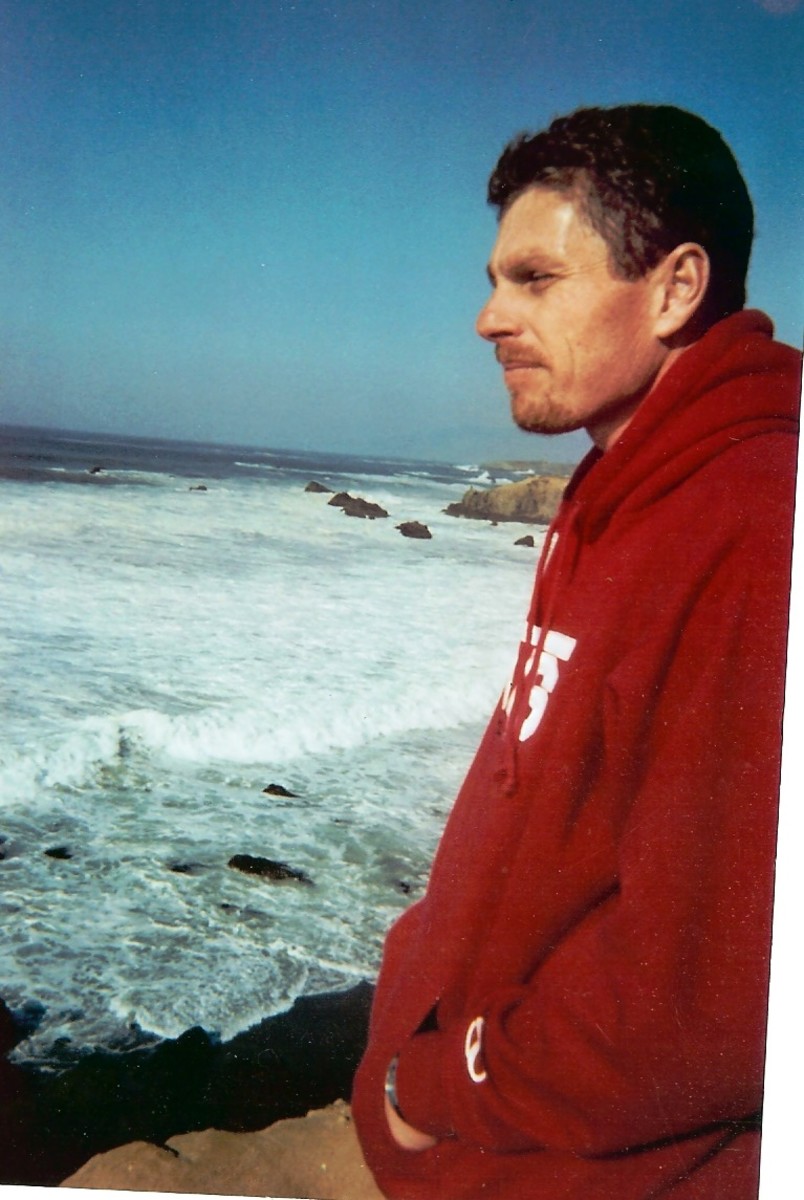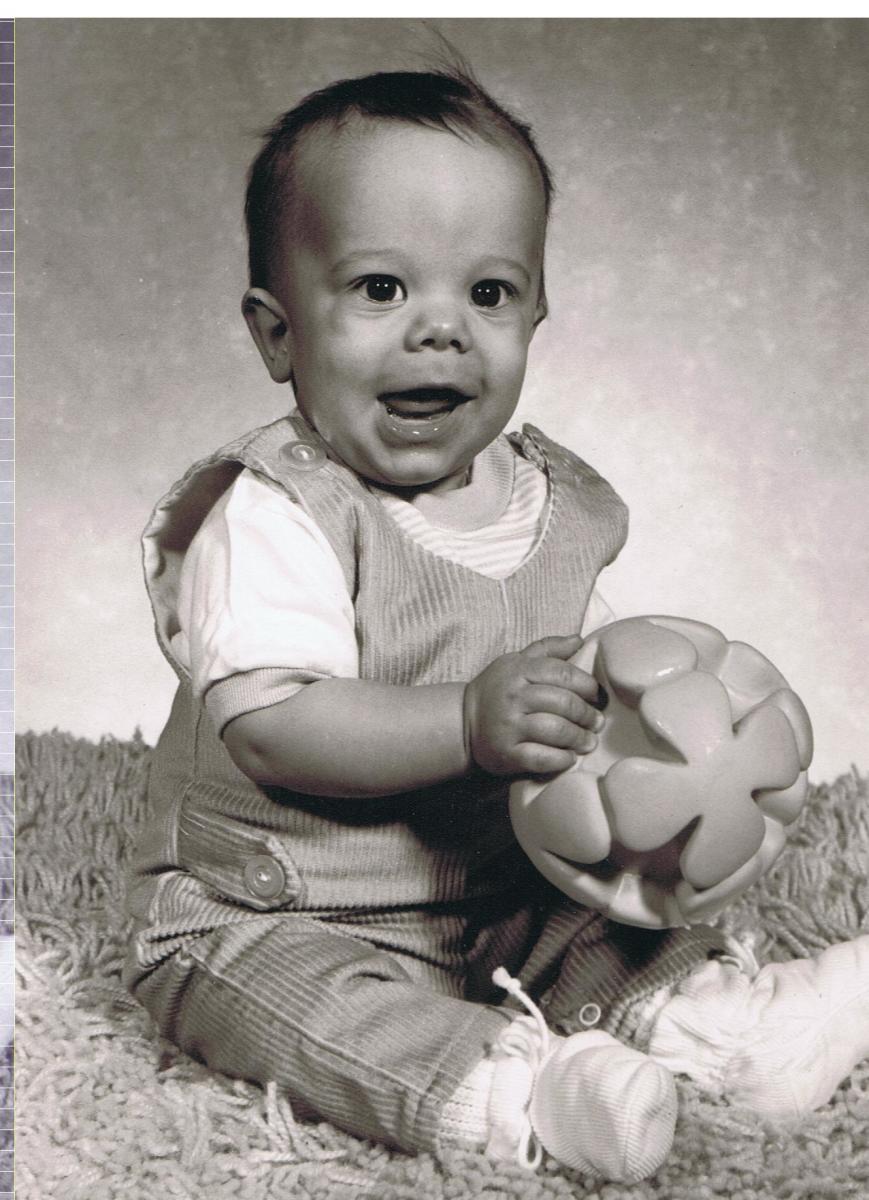Fighting for the Truth

Has your life been touched by organ donation?
Loss Of A Life Equals Second Chance For Others
Your loved one has just been in a serious accident. They may be hours from dying. More likely than not, they are brain dead. All you know is that they are being treated down the hall by doctors who have saved countless lives. Everything is so rushed and jumbled. You can’t think beyond the current second. You are in shock.
A doctor, presumably from the team that’s working on your someone, comes to visit you in the waiting room. From their expression, you know that all is not well. You know that they are seconds away from telling you some of the worst news you will ever hear. In spite of your prayers and your head telling your heart to quiet down, you learn that, as next of kin, you must decide whether or not to put your loved one on life support or to let them go. The doctor also tells you that you could give “the gift of life” to someone who is on a transplant list by allowing your family member to have their organs harvested after death. What do you do?
For Michael Jacobs of Bellevue, Ohio, this unthinkable decision was his to make when his eighteen-year-old son, Gregory, sustained serious head injuries in a 2007 snowboarding accident. Under the impression that there was no chance for recovery, he allowed his son to become an organ donor. Gregory’s parents are now suing the hospital. They believe that they were given misleading information. After meeting with experts, it has become clear to them that not only could he have recovered, but that the doctors began to harvest his organs twenty-nine minutes before he was officially dead. The hospital, obviously, believes otherwise.
Gregory’s story gives people who are already wary of organ harvesting another reason to remain so. It speaks to the fear in all of us that something bad will happen if we aren’t able to speak for ourselves. It forces us to come to terms with our own mortally and urges us to write down our last wishes. For those of us who have lost someone young, it is a sad reminder that life is precious, and that death has no age requirement.
Had Gregory been my son, I don’t know if I would’ve done anything differently from Michael. He loved his son very much. I would imagine he remembered Gregory as a small boy while he waited in the waiting room, making his eventual decision all the harder. He was in shock, not understanding fully what was going on. He listened to everything the doctor said and believed that all hope was lost for his son. Being a father, he didn’t want other fathers to lose their children. He allowed his son’s organs to be harvested so that another’s life could be spared. He made a selfless decision.
As Michael and Teresa are now suing the hospital, it makes many of us scratch our heads. Given the facts, it appears that Gregory’s organs were harvested too soon, and that the hospital acted negligently. Still, no amount of money or notoriety will ever bring their son back. His death, by whatever means, has given a new chance to people who didn’t think they’d last beyond the year. Though wronged, can’t they see the good their son has done?
I agree that the doctors must be held accountable for what they’ve done. They have cut a life short by wanting to provide life to others. This man’s death deserves reflection and investigation. Still, I can’t imagine that a man as active as Gregory would’ve been content with the life that was may have been left to him after his recovery. Knowing people who have become severely handicapped after brain injury, his new life would’ve been more than an adjustment. Would he have been able to walk, talk, feed himself, dress himself, and control his bodily functions? Would he have been under permanent guardianship? Would his life have been one operation after another? While his family and friends believe that their guy was cheated of life, I would argue that Gregory would’ve felt cheated had he lived. They would’ve had their Gregory or at least the shell of him, but Gregory wouldn’t have been Gregory. Gregory’s life, as he knew it, ended the second he lost consciousness.
The opponents of organ donation, I imagine, will use this story to petition for better laws and/or the end of donation. They will say that, with doctors like Gregory’s doctors calling the shots, none of us are safe under the knife. No patient that has survived longer thanks to a new organ will matter. As with many things, the only account that matters is the negative one.
I hope that Gregory’s parents get the justice that they seek, but, more importantly, are able to make peace with their loss. To lose someone is difficult, but to lose someone and have a bubble of suspicion forever surrounding their final moments is enough to break you down. Michael and Teresa need to stay strong in their pursuit of answers. Once given them, they need to accept them and move on. For them to waste their lives fighting a court battle would be an insult to Gregory’s memory.
This content reflects the personal opinions of the author. It is accurate and true to the best of the author’s knowledge and should not be substituted for impartial fact or advice in legal, political, or personal matters.
© 2009 Lincy A. Walsh








